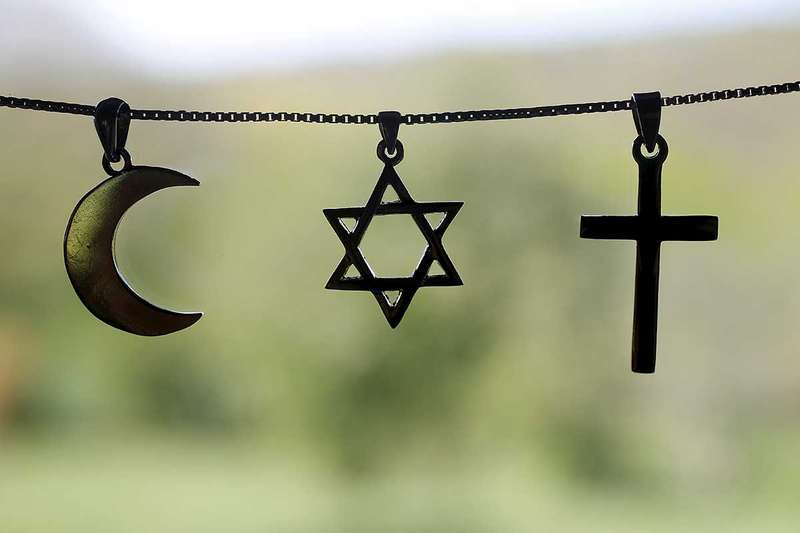The recent attack on the Jewish community here in our greater San Diego area has been deeply disorienting. Things always feel different when they get close. The Jewish community is in a state of shock, fear, and mourning. Local Muslim, Christian, and leaders of other faiths have rallied in support and solidarity. It’s so beautiful…but I can’t help feel insufficient. How can these experiences not trigger the trauma of past pain?
It’s made me wrestle with the role of religion in our world. Religious people continue getting massacred in their sacred spaces of worship — often by other “religious” people:
Muslims in ChristChurch.
Christians in Sri Lanka.
Jews in San Diego.
These are all human beings who bear the image of God and, according to their shared tradition, have the blood of a common father flowing through them (Abraham).
So where does religion fit in all this? If I’m honest, I often find myself thinking we should pursue peace outside religion. It often brings more pain and division than it does good. But as soon as I start going down that road, I’m reminded of my Jewish, Muslim, and Christian friends working for peace (in extremely volatile conflicts) and how it is their religious conviction that drives their practice of peace. They would say that “religion is at the core of humanity…it’s not even practical to consider a path toward peace outside religion!”
The answer isn’t less religion — it’s better religion.
A religion that moves us toward one another in understanding rather than away from each other in fear.
As these attacks increase in frequency and severity, we have to ask what could lead someone to so much hate of their religious other? No doubt the answer includes racism, white supremacy, xenophobia, fear, ideological manipulation, and on and on and on.
That said, at least in part, it’s a lack of proximity. We don’t KNOW each other.
If our “religion” isn’t moving us toward one another and around a common table, we need to leave it behind.
For Christians, if our “religion” doesn’t look like Jesus, then start over. Jesus collapsed every boundary between “us” and “them.” Cared more about being faithful than being safe. Spent no time seeking the approval of the religious gatekeepers because he was too busy reminding those on the “outside” that they were actually on the “inside.”
In a world of religious violence, I’m still hanging on to what I’ve seen and learned from my Jewish, Muslim, and Christians friends who reflect the very best of their faith. Each tradition has a deep well of resources that remain largely untapped. Resources that not only could stop the bleeding, but build a future we’d want for our kids.
I’ll never forget standing in the center of a conflict zone learning from a Jewish Rabbi who was giving his life to building bridges of understanding in a region of war. I ask him if we should work for peace outside religion because it had made such a mess of things. His response was a quote from the late Rabbi Menachem Froman: “Religion must be the solution in a region steeped in religion. God can be someone who divides us or one who unites us.”
May we live lives that reflect the latter.

